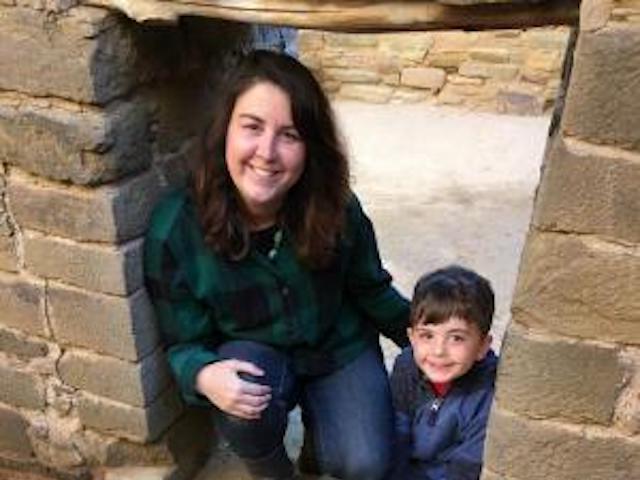New nerve stimulation treatment provides a better night's sleep
Like many people with obstructive sleep apnea, Jessica Wilson had a continuous positive airway pressure (CPAP) device. It is the standard tool for treating sleep apnea. The CPAP mask delivers gentle air pressure into the throat to keep the airway open, allowing patients to breathe better while sleeping.

More energy, no more fatigue and depression
Hoping to resolve her constant fatigue, Wilson struggled for a year with the CPAP mask. Despite her best intentions, it just didn’t work for her.
“I would take it off at night not even realizing that I had done that,” she said. “I just wasn’t getting any kind of benefit from wearing that.”
That’s when she found out about a new treatment for sleep apnea that became available at Vanderbilt University Medical Center in 2017. The new treatment is an alternative for patients who are unable to find relief with the CPAP mask. It’s called hypoglossal nerve stimulation, and it uses an implantable device that acts like a pacemaker for the tongue to prevent airway obstruction.
Once surgically implanted, the device sends an impulse to the hypoglossal nerve during sleep, gently pulling the tongue away from the back of the throat and relieving airway obstruction. It also eliminates the need for CPAP.
“It’s probably the best thing I’ve ever done, surgery-wise, just because [of] my quality of life,” Wilson said. Before treatment for sleep apnea, she said, she was tired all the time and suffered from depression.
“Sleep apnea and poor sleep are associated with mood disorders, and being sleepy during the day increases the risk of workplace accidents and decreased work productivity,” said David Kent, MD, who performs the surgery. “It also increases significantly the risk of motor vehicle accidents if it goes untreated.”
“I would have to take naps on the weekends,” Wilson said. “I would have to drive a lot across the state for my job, and I would feel like I was going to fall asleep at the wheel all the time. Once I came home from work I had zero energy to play with my son … I didn’t have energy to cook or clean or anything. It was just very depressing. I didn’t have a life.”
After treatment, her energy level rebounded. “Now that I’ve got more energy I’ve been able to work out at least four times a week,” she said. “The depression has gone away.”
To learn more about hypoglossal nerve stimulation, call (615) 936-0060.
David T. KentMD
- Nose and Sinus Conditions, Obstructive Sleep Apnea, Oral and Maxillofacial Surgery, Otolaryngology, Otolaryngology Surgery, Sleep Disorders, Sleep Medicine
